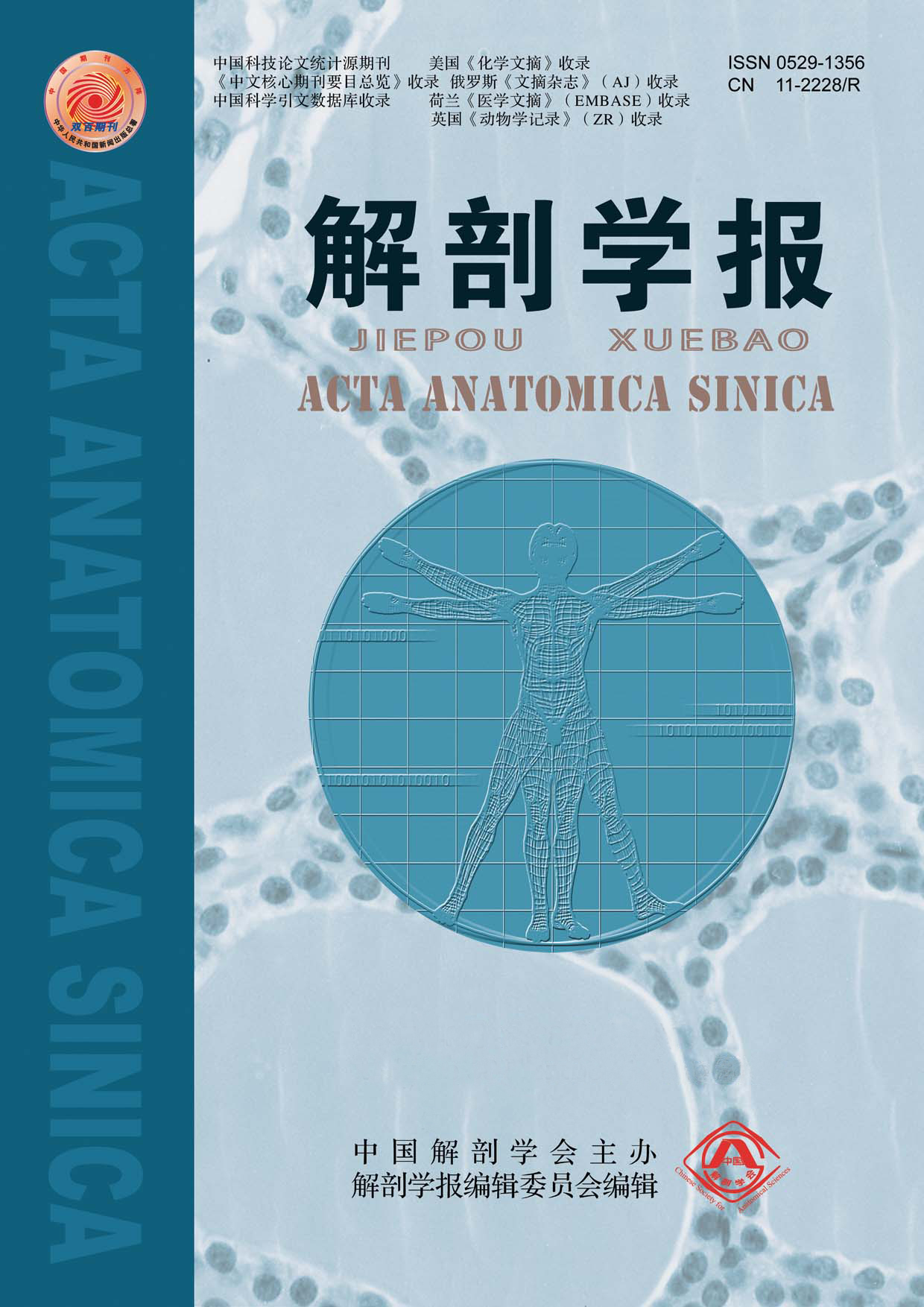Objective To investigate the regulation and mechanism of microRNA(miR)-98-5p on cisplatin sensitivity in cisplatinresistant cervical cancer cells. Methods The cisplatin(DDP)+miR-NC group (transfected miR-NC), DDP+miR-98-5p group (transfected miR-98-5p mimics), DDP+si-NC group (transfected si-NC), DDP+si-ribonucleotide reductase subunit M2(RRM2) group (transfected si-RRM2), DDP+miR98-5p+pcDNA group (co-transfected miR-98-5p mimics and pcDNA), DDP+miR-98-5p+pcDNA-RRM2 group (co-transfected miR-98-5p mimics and pcDNA-RRM2) were transfected into HeLa/DDP cells by liposome method . Real-tim PCR, Western blotting, CCK-8, Transwell chamber and dual luciferase reports gene detection assay were used to detect the expression of miR-98-5p, RRM2, cyclin D1, P21, matrix metalloproteinase(MMP)-2 and MMP-9 in cells, inhibition rate, half inhibitory concentration(IC50), migration and invasion and fluorescence activity. Results Compared with the HeLa group, the expression of miR-98-5p was significantly decreased in HeLa/DDP group, the expression of RRM2 was significantly increased, the IC50 value was significantly increased (P<0.05). Overexpression miR-98-5p or inhibition RRM2 could significantly inhibit the proliferation, migration and invasion of HeLa/DDP cells, down-regulated proteins expression of cyclin D1, MMP-2 and MMP-9, and up-regulated proteins expression of P21; miR-98-5p inhibited the fluorescence activity of wild-type RRM2 cells, and overexpress RRM2 could reverse the inhibitory effect of miR-98-5p on proliferation, migration and invasion of HeLa/DDP cells. Conclusion miR-98-5p can inhibit the proliferation, migration and invasion of cisplatin-resistant cervical cancer cells and enhance the sensitivity to cisplatin. The mechanism is related to the targeting of RRM2, which will provide directions for the treatment of cisplatin-resistant cervical cancer cells.


